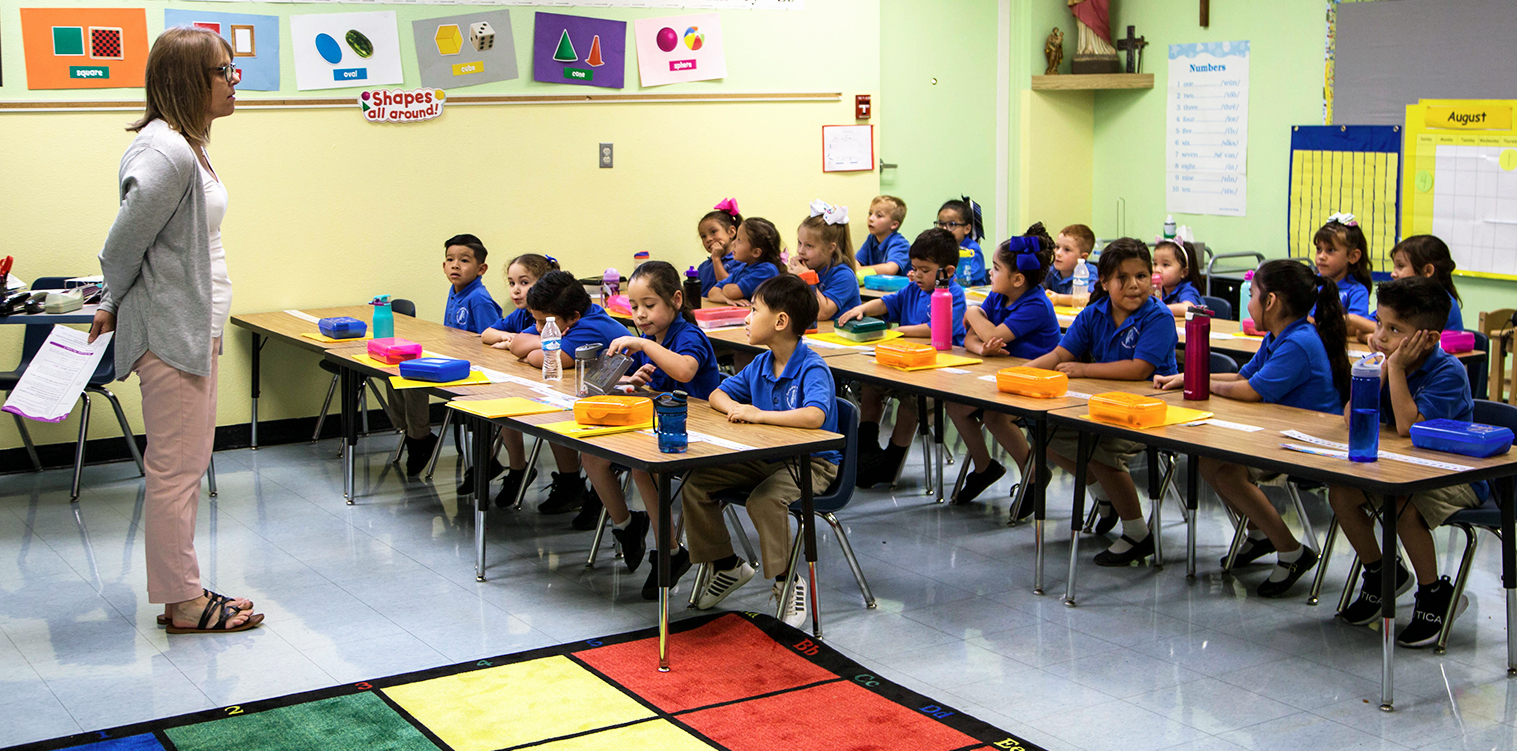Penna Dexter
After some depressing rulings, it was great to get a win for religious liberty and school choice at the U.S. Supreme Court. The 5-4 decision means states that provide assistance to private schools may not exclude some solely because they are religious.
In Espinoza v. Montana Department of Revenue, the Court affirmed, by a slim margin, that the Constitution prohibits explicit religious discrimination.
In 2015, the state of Montana established a program in which businesses could receive tax credits for their donations to an exchange that provided modest scholarships — no more than $150 each — to low-income private-school students. The Montana Department of Revenue refused to allow the scholarship money to be used at religious schools.
A group of mothers sued the Department of Revenue, claiming its action violated their First Amendment Free Exercise rights. A district court agreed with the mothers. The Montana Supreme Court did not. Rather than restrict the tax credit program to secular schools, the Montana Supreme Court shut it down.
About 70 percent of private schools in Montana are religious. The Department of Revenue based its position opposing scholarships to religious schools on the Montana Blaine Amendment that prohibits state funding of churches or religious schools.
Blaine amendments are part of many state constitutions. The amendments are named after Senator James Blaine from Maine who, in 1875, tried to pass an amendment to the U.S. Constitution as a way to prevent Catholic schools from receiving any type of federal money. That effort did not succeed, but 38 states enacted Blaine Amendments.
Chief Justice John Roberts wrote the Espinoza opinion. In it he stated: “A state need not subsidize private education. But once a state decides to do so, it cannot disqualify some private schools because they are religious.
This decision is a huge victory for families. States may no longer prevent those participating in school choice programs from choosing religious schools — often the very best option.

 Listen Online
Listen Online Watch Online
Watch Online Find a Station in Your Area
Find a Station in Your Area











 Listen Now
Listen Now Watch Online
Watch Online
